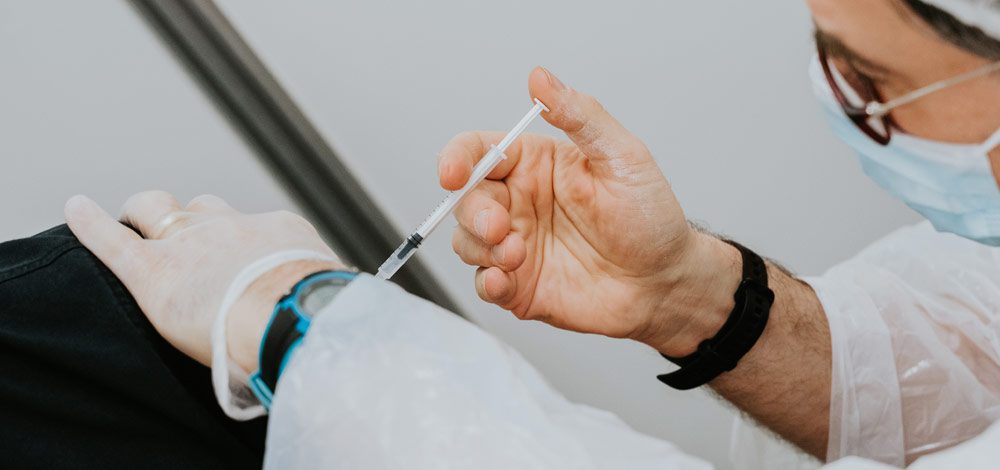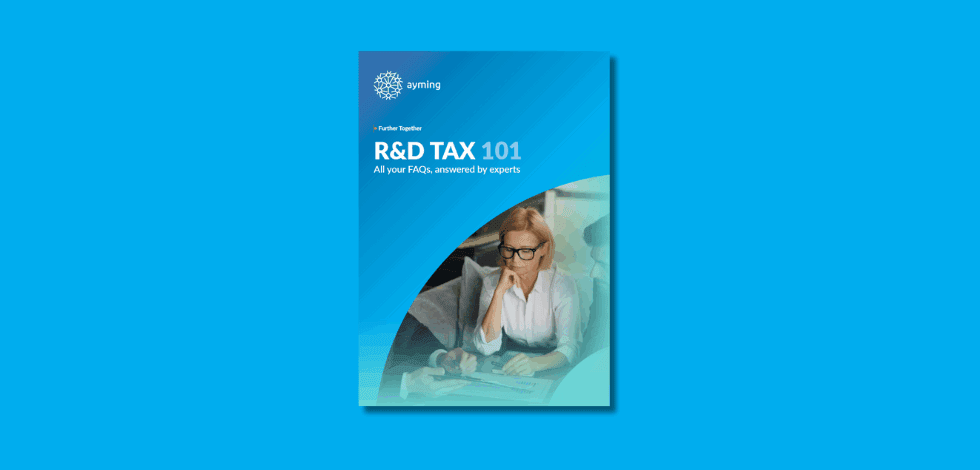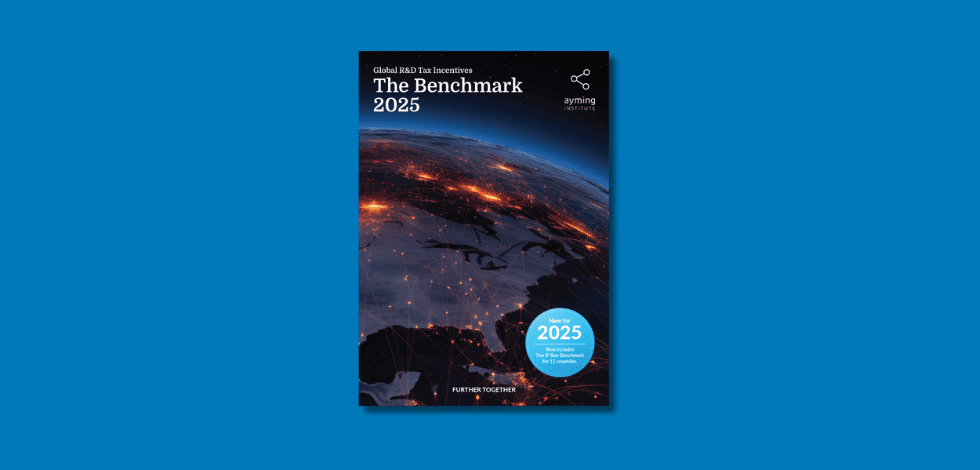2020 was a big year for pharmaceuticals, and 2021 has been no different.
The sector was thrown into the public eye as the world turned to science to find a route out of the pandemic. It threw the industry into a new era, with significant funding directed to the new mission. Throughout the year, our team have contributed to the conversations on R&D.
Naomi Ikeda, one of our resident Life Sciences experts, kicked off the year with a piece in the Pharma Times on the outlook for pharma R&D in 2021. In her piece, Naomi explains that the sector struggled to shake off an image of putting profits before people. But Covid-19 has changed that narrative by reinforcing the necessity of innovation in the field, and the sector has attracted wider investor interest that will boost innovation in the years to come. She highlights three main areas of innovation: the digitalisation of services, the influence of big tech, and movements towards sustainability and ethics.
In February, the Government confirmed long-held rumours that it would launch a high-risk, high-reward innovation agency based on the US’s DARPA called Advanced Research & Invention Agency – ARIA. Naomi led our reaction by welcoming the news and drafted an article for Lab News on what ARIA should look like.
The piece is generally positive, praising the fact that it will be run by scientists and will operate like a business with a director. However, she outlines a few important traits the agency must have, such as limiting each director’s tenure and striking a balance between making use of the UK’s existing innovation resources while avoiding being bogged down by complexity. This will help keep the agency innovative.
Following the cataclysmic events of 2020, the team were also keen to explore antibodies. Two of our consultants, Maxine McKenzie and Franka Debeljak, published a whitepaper in April entitled “Upping the Anti: The Rising Prospects of Next Generation Biotherapeutics”.
In this piece, the team put antibodies under the microscope and examined the advances in antibody technologies and therapies in which R&D plays an instrumental role. It covers the history of antibodies, the market and its brands, as well as biospecifics and biosimilars.
Looking at the R&D claims in the sector, Thomas Boaden suggests companies are underclaiming. Despite most of them being familiar with the scheme and regularly claiming, the team often encounters companies that underestimate how much tax credit they are due. So what’s going on?
Thomas puts it down to three key problems that stem from using in-house accountants for claims, including conservative estimates on time spent on projects, not evaluating all eligible cost categories, and not including all Qualifying Indirect Activity (QIA).
Notes to Editors
Ayming is a leading international Business Performance consultancy and has a global footprint. The Group is present in 15 countries: Belgium, Canada, Czech Republic, France, Germany, Ireland, Italy, Japan, Netherlands, Poland, Portugal, Spain, Slovakia, the UK and the USA, with a staff of approximately 1,300.
In the UK, Ayming helps businesses to improve their financial and operational performance through innovation, tax, and HR performance.
Press Enquiries
Annabel Rivero, Aspectus Group
+44 20 7242 8867













No Comments